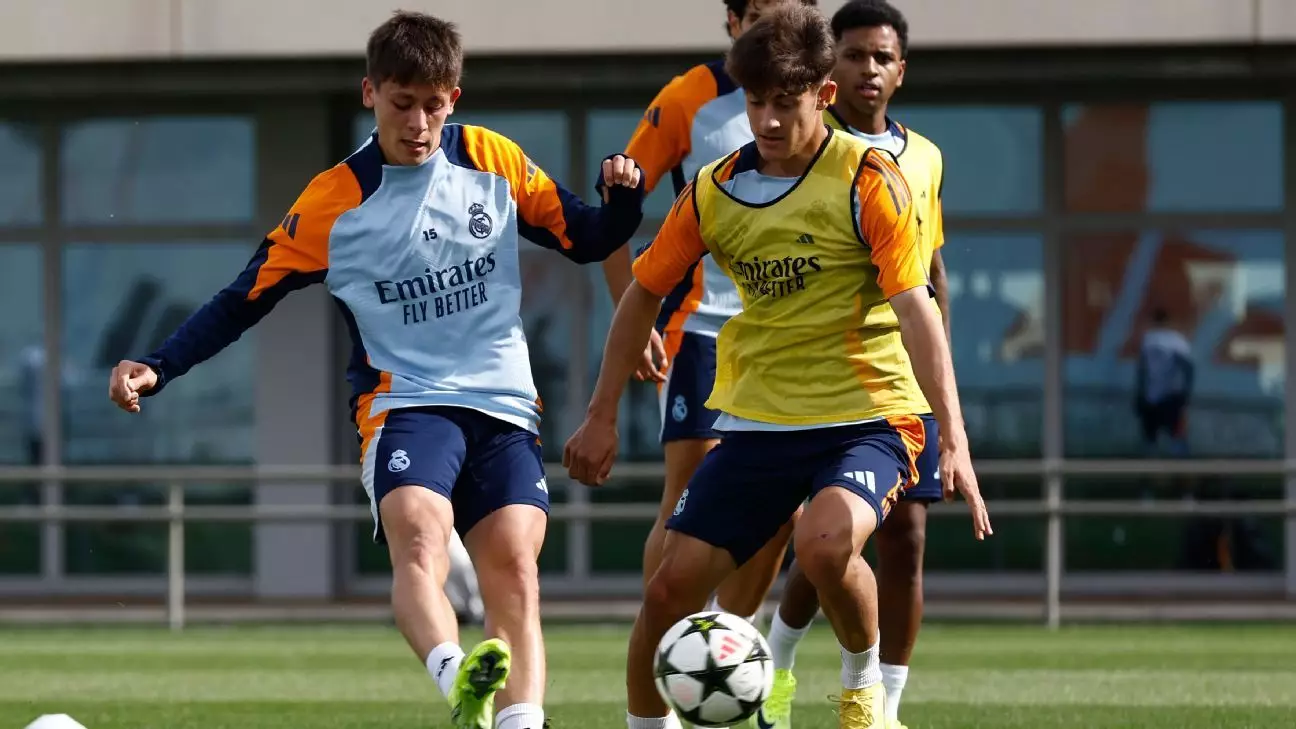On a seemingly ordinary Monday, Juventus Football Club found itself embroiled in an unexpected social media scandal, leaving fans bewildered. The club’s English account on X, formerly known as Twitter, falsely announced the signing of Real Madrid’s prodigious Turkish talent, Arda Güler. This revelation sent shockwaves through the Juventus community, as supporters reacted with a mix of excitement and skepticism. The image accompanying the post depicted Güler at an airport, along with the caption welcoming him to the Juventus family. Such sensational claims, albeit unfounded, sparked a fleeting wave of hope among fans.
Juventus swiftly acted to clarify the confusion. The club’s management took to their Italian account to address the alarming development. In an official statement, they confirmed that their English account had indeed been hacked, and the information surrounding Güler’s supposed transfer was entirely fabricated. This unexpected twist, rather than reinforcing fans’ excitement, led to widespread disappointment. Despite his high profile and substantial potential, the 19-year-old international would not be donning the black and white stripes any time soon. This incident underscores the vulnerability of social media channels, where misinformation can easily lead to chaos in the world of sports.
Amid this social media drama, Juventus is navigating its own tumultuous season. While the club has demonstrated remarkable prowess in the UEFA Champions League, achieving two back-to-back victories against PSV Eindhoven and RB Leipzig, their domestic performance in Serie A has been far less impressive. With only 11 goals in eight matches, there’s a growing concern around the team’s attacking capability. Head coach Thiago Motta addressed these issues in a press conference ahead of their Champions League clash with VfB Stuttgart, emphasizing the importance of maintaining a consistent approach across all competitions.
Motta articulated a belief that every match presents unique challenges, demanding tailored strategies to tackle each opponent. He admitted that the team faces difficulties when up against defensively robust sides, a problem that afflicts many teams in contemporary football. By pointing out that no team is immune to such challenges, he sought to instill a sense of resilience within his squad. The call to improve “in all aspects” signals a need for introspection and adaptation as Juventus aims to enhance their league performance while holding onto their Champions League success.
The hacking incident serves as a stark reminder of the digital age’s perils, particularly for high-profile organizations like Juventus. In a climate where information spreads rapidly, the club must bolster its security measures to prevent the reoccurrence of such incidents. The football community, fans, and clubs alike must remain vigilant to the potential ramifications of social media mishaps. While Juventus grapples with its immediate on-field challenges, the need for robust digital security has emerged as a crucial concern in safeguarding the integrity of their brand.

